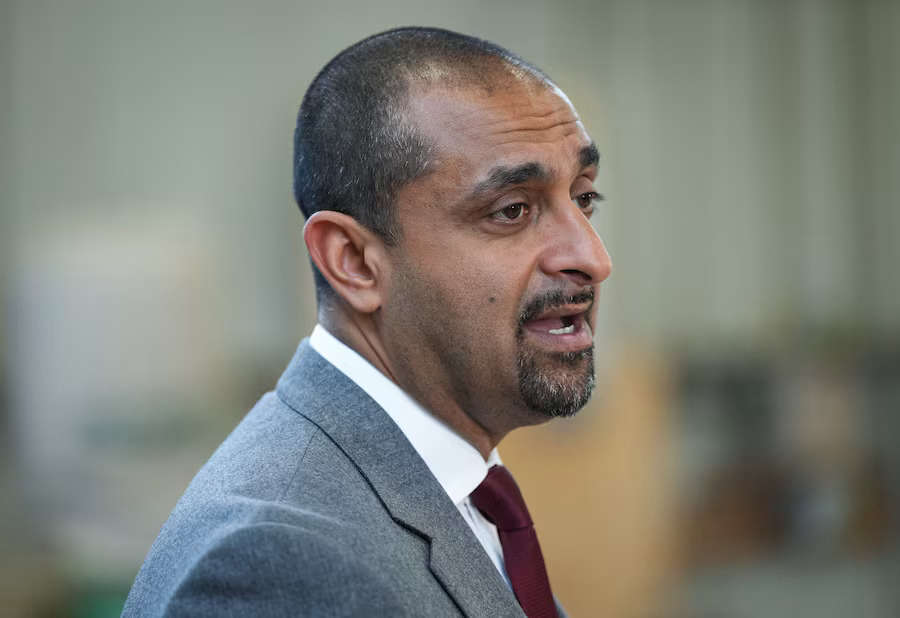
The Province is launching a new short-term rental (STR) registry.
“We are taking action to help more people find a home in the communities they love by reining in speculators who are operating illegally,” said Ravi Kahlon, Minister of Housing and Municipal Affairs.
“The launch of the registry is the next step to provide more long-term homes for people, giving hosts who are playing by the rules the ability to continue to legally operate and welcome guests while further cracking down on speculators who are breaking the rules.”
Anyone operating a short-term rental in B.C. and listing on platforms, such as Airbnb, Vrbo and others, will be required to register with the Province, including hosts operating outside areas with the principal-residence requirement.
To register, hosts need to complete an online application at Government of British Columbia.
Hosts will receive a provincial registration number that will need to be displayed on all online listings in B.C., effective May 1st.
Those who don’t will have their listings taken down as of June 1, 2025.
Registration fees are:
- $100 per year for an STR in which the host lives, such as a whole home the host rents out while away or a bedroom within it
- $450 per year if the host does not live in the STR, such as a secondary suite, cottage or laneway home
- $600 per year for an entire strata hotel
The Province says launching the registry is a step that gives it another tool to help enforce rules and to ensure mini-hotel operators and people with multiple, illegal listings are no longer allowed to operate.
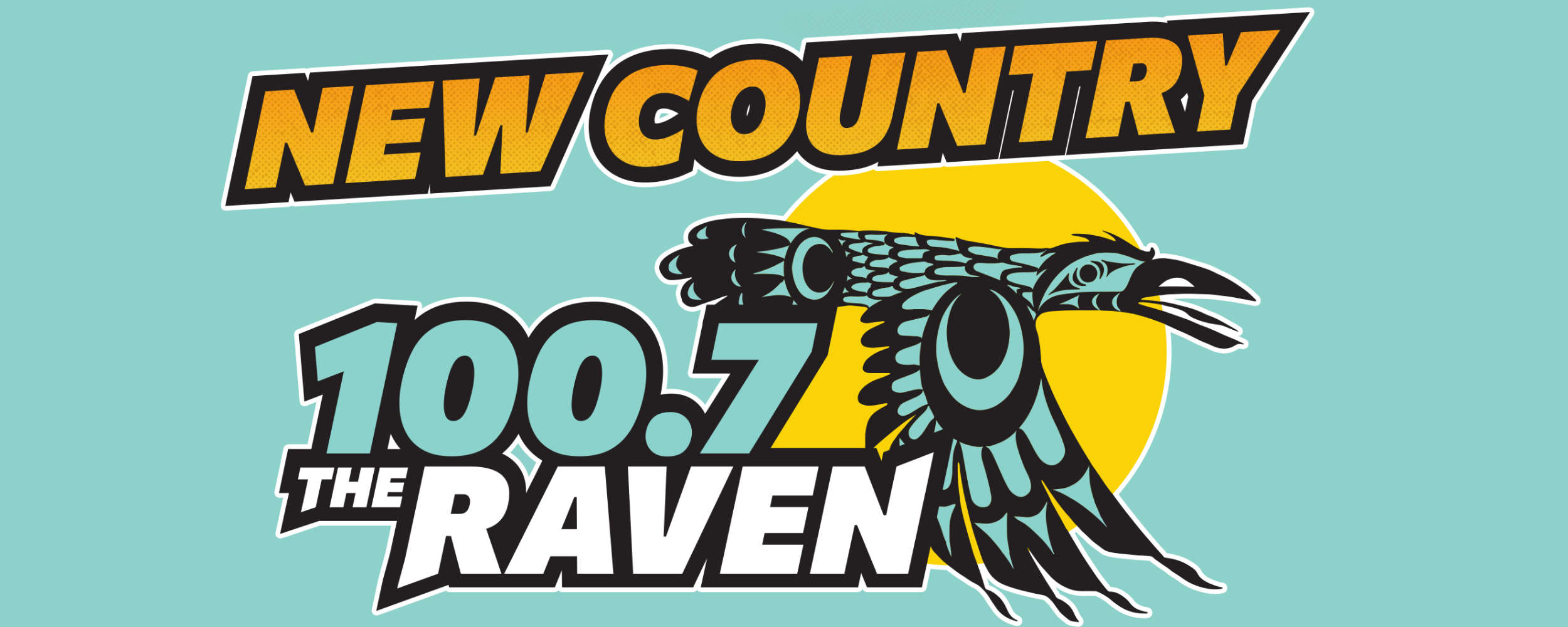
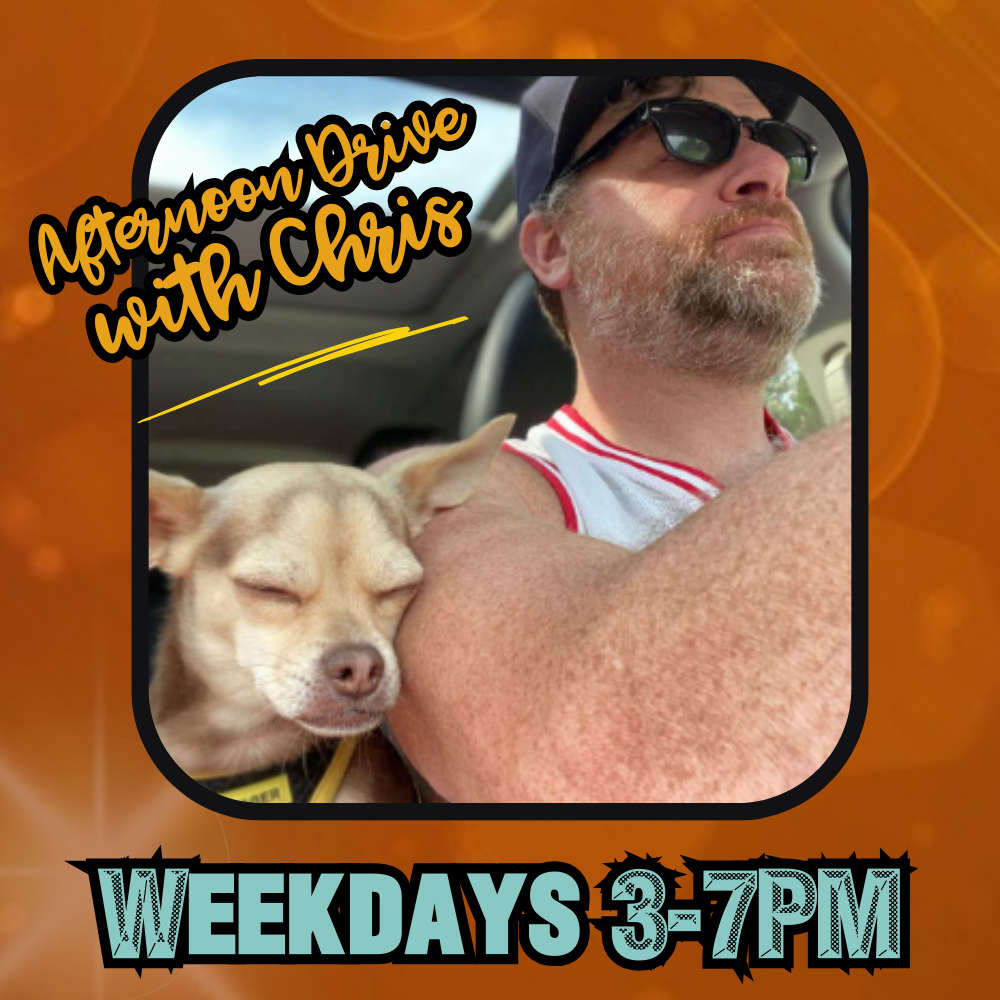
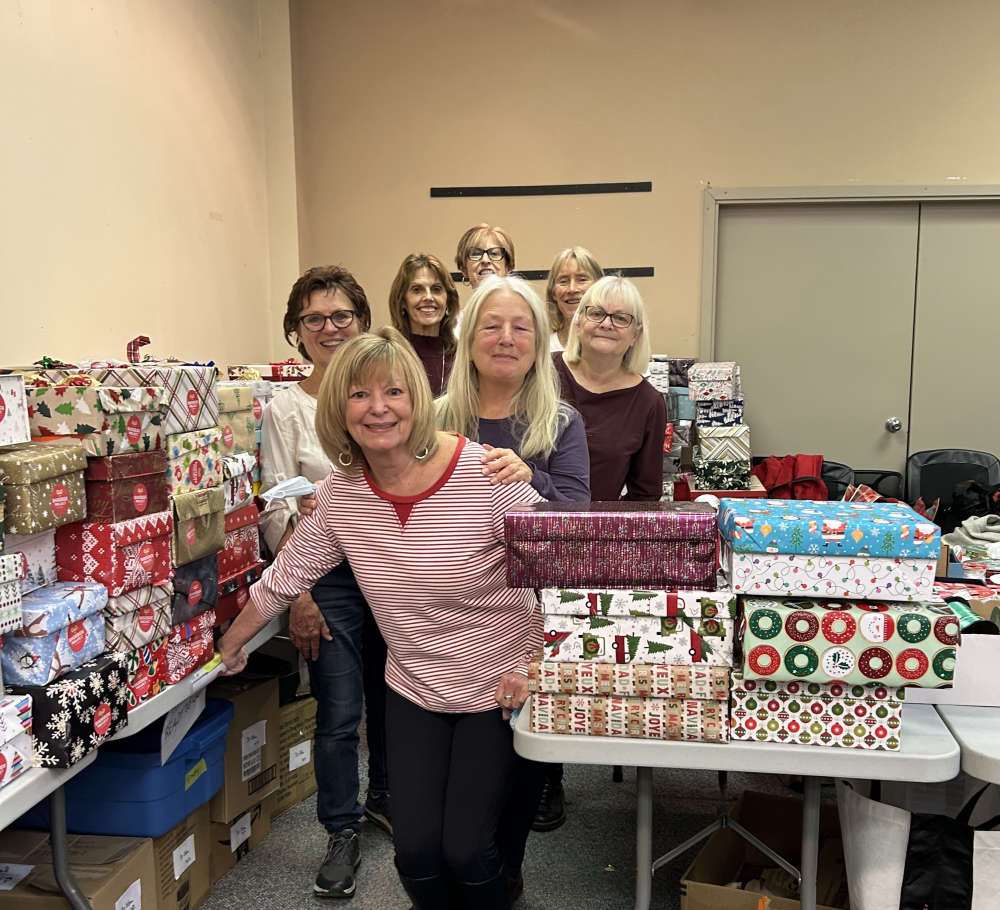 Campbell River Shoebox Project Wraps Up Holiday Campaign
Campbell River Shoebox Project Wraps Up Holiday Campaign
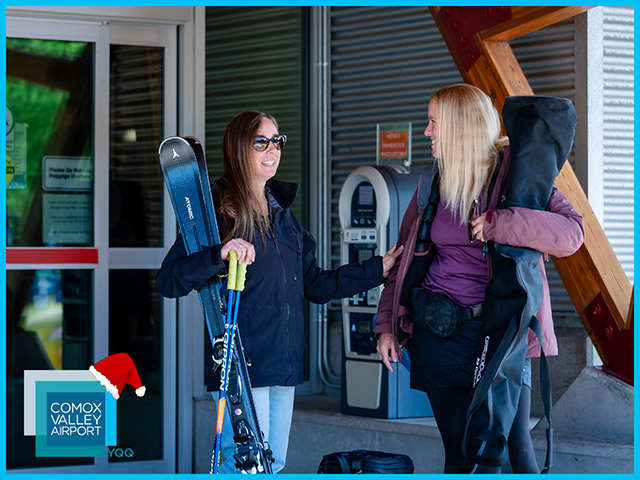 Travellers Urged To Plan Ahead At Comox Valley Airport This Holiday Season
Travellers Urged To Plan Ahead At Comox Valley Airport This Holiday Season
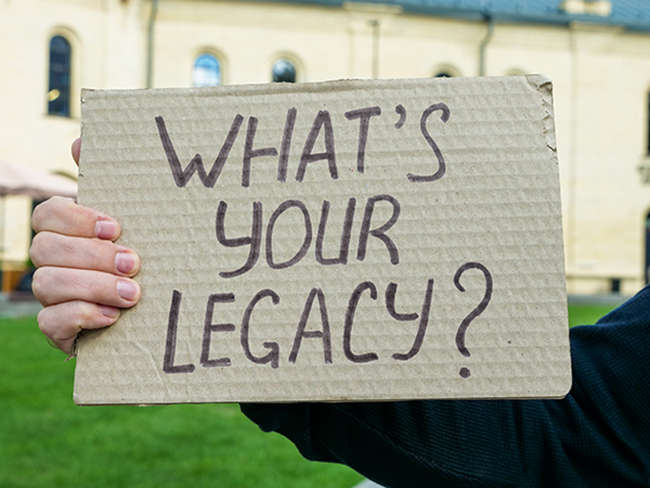 NIC Foundation Launches Future 50 Legacy Match Campaign
NIC Foundation Launches Future 50 Legacy Match Campaign
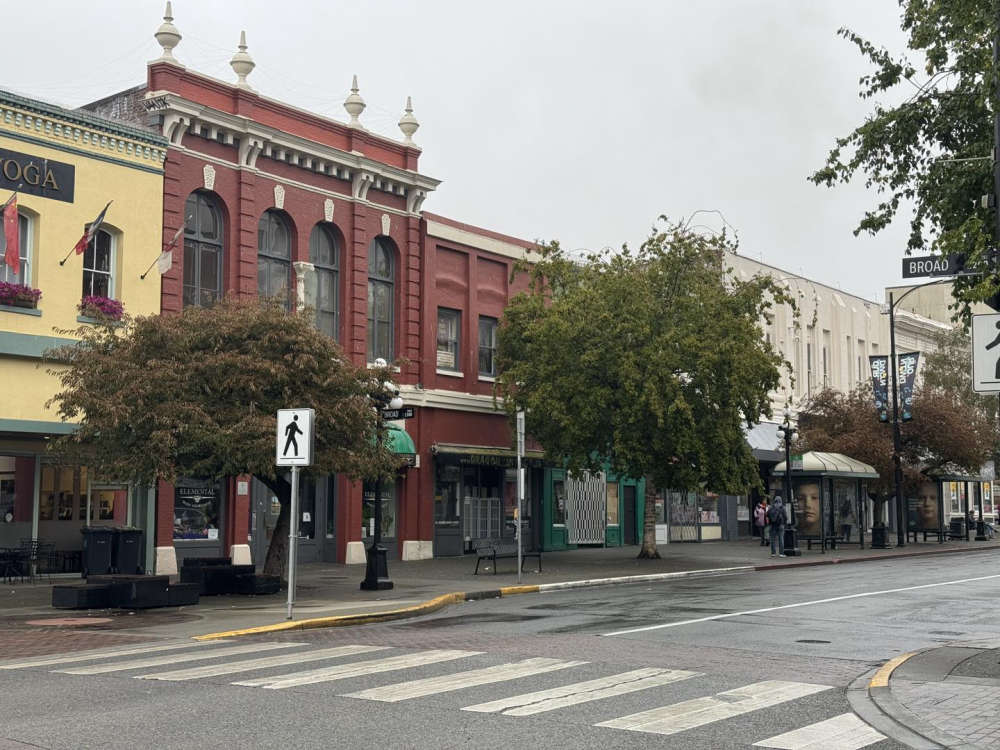 Minister Responds To 2025 Rental Market Report, Points To Impact Of Short-Term Rental Rules
Minister Responds To 2025 Rental Market Report, Points To Impact Of Short-Term Rental Rules
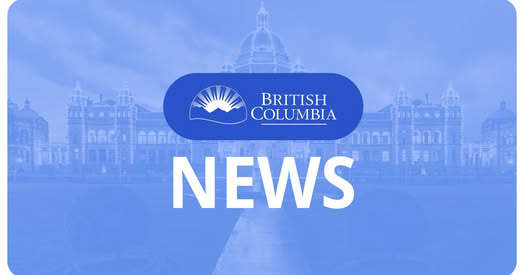 Province Reports Progress Tackling Repeat Violent Offending
Province Reports Progress Tackling Repeat Violent Offending
